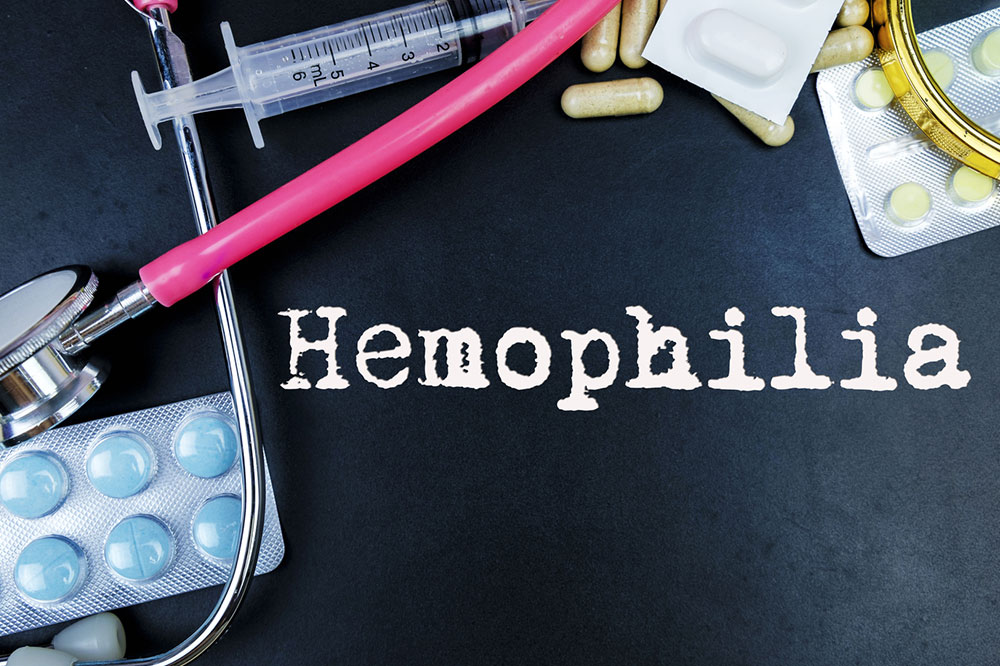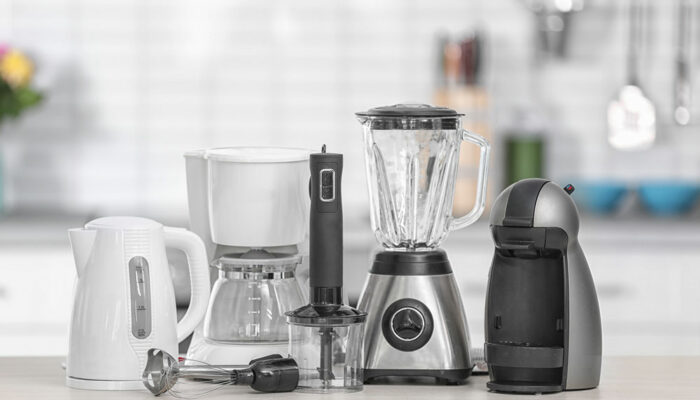
8 Lifestyle Changes to Manage Hemophilia
Hemophilia patients are no strangers to periodic doctor visits and regular medication. The blood disorder cannot be cured permanently, but there are several ways to manage the symptoms and prevent bleeding. Along with medications, incorporating a few lifestyle changes can prove beneficial for patients. Let’s look at some lifestyle tips for hemophilia patients to help them mitigate the risk of complications and improve the quality of their lives.
1. Exercise
Regular physical activity is a great way to maintain a healthy weight and improve muscle strength. So, one should try to incorporate some form of exercise into their daily routine. That said, hemophilia patients should avoid sports that increase the risk of injury and opt for low-impact exercises like walking, cycling, and swimming instead.
2. Avoid certain medicines
People with hemophilia must avoid blood-thinning medications, like aspirin and ibuprofen. One can consult their doctor to get recommendations for alternative pain-relief medications that do not aggravate the condition.
3. Maintain oral hygiene
Doctors recommend proper oral hygiene to prevent the need for dental works that can cause bleeding. Regularly brushing and flossing is among the best lifestyle tips for hemophilia patients to care for their teeth.
4. Child safety
Parents of children with hemophilia must ensure their safety with proper gear, like knee and elbow pads and safety helmets. They should also make their home as safe as possible by eliminating tripping hazards and sharp edges around the house. These extra measures help prevent injuries that can cause excessive bleeding.
5. Check-ups and vaccinations
Hemophilia patients should consider getting themselves tested for blood infections periodically. These tests help prevent complications by facilitating early diagnosis and treatment. One should also consider administering Hepatitis A and Hepatitis B vaccines for children with hemophilia.
6. Get tested for blood infections
Blood-borne infections can aggravate hemophilia if it goes undetected, but one can eliminate this risk by getting testing regularly. The sooner these infections are diagnosed, the easier it is for an individual to receive effective treatment.
7. Get prompt treatment
Keeping a first-aid kit handy is a must for dealing with mild cuts, but hemophilia patients and caregivers must know how to handle a severe bleeding episode. One can prevent excessive bleeding by planning for events that may put them at risk. For instance, if undergoing a medical procedure, one should ensure that the doctor is fully aware of their condition. This enables them to provide prompt treatment to encourage clotting and wound healing.
8. Ensure adequate self-care
Learning how to handle bleeding can prevent complications, even if there’s no one around to help. So, hemophilia patients should be able to self-administer the treatment.
Many people believe that hemophilia patients cannot lead quality lives, but proper treatment and following a few simple lifestyle tips are highly beneficial for managing the condition. They can help one overcome the risks associated with the condition and lead a productive life.



